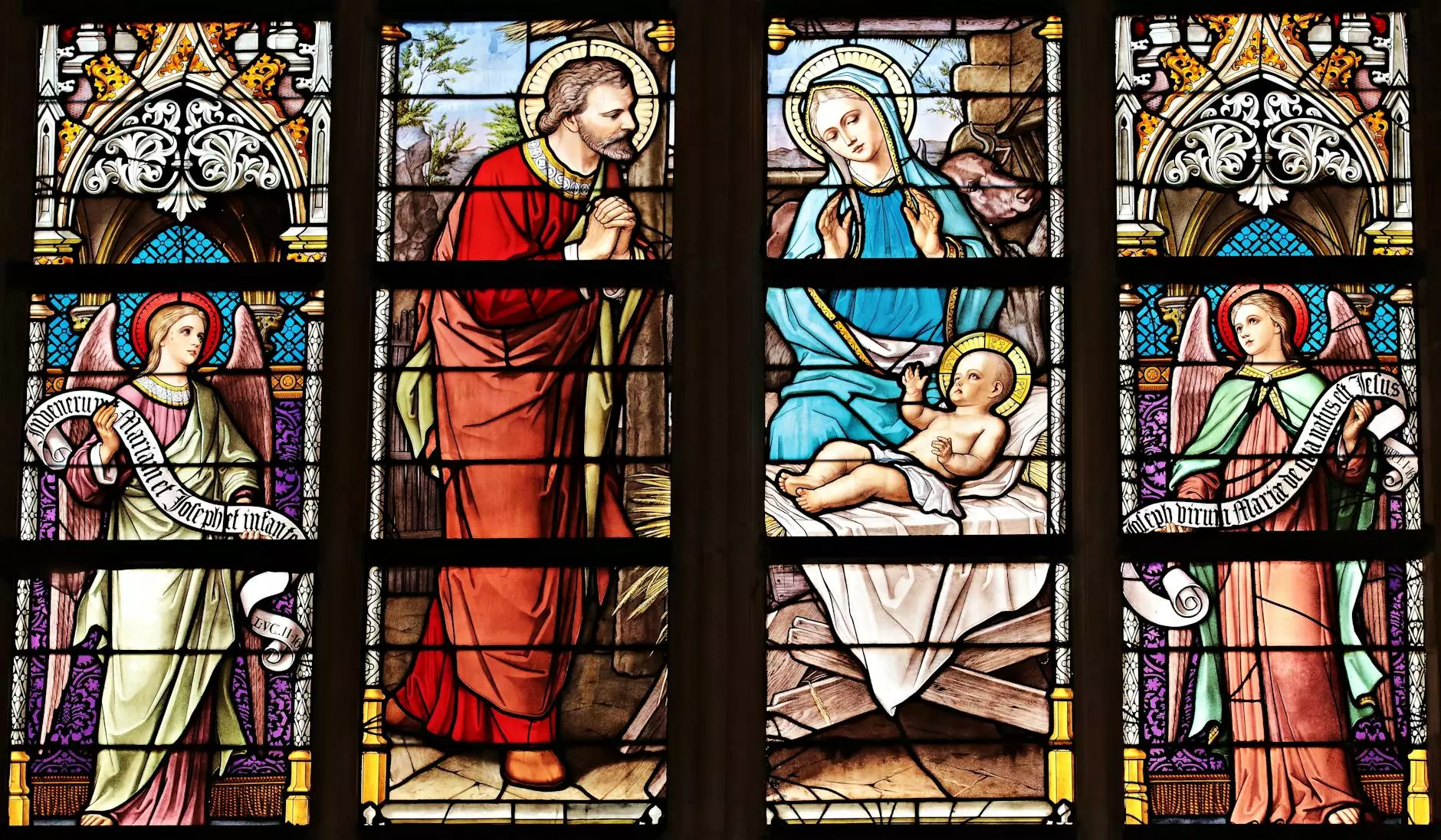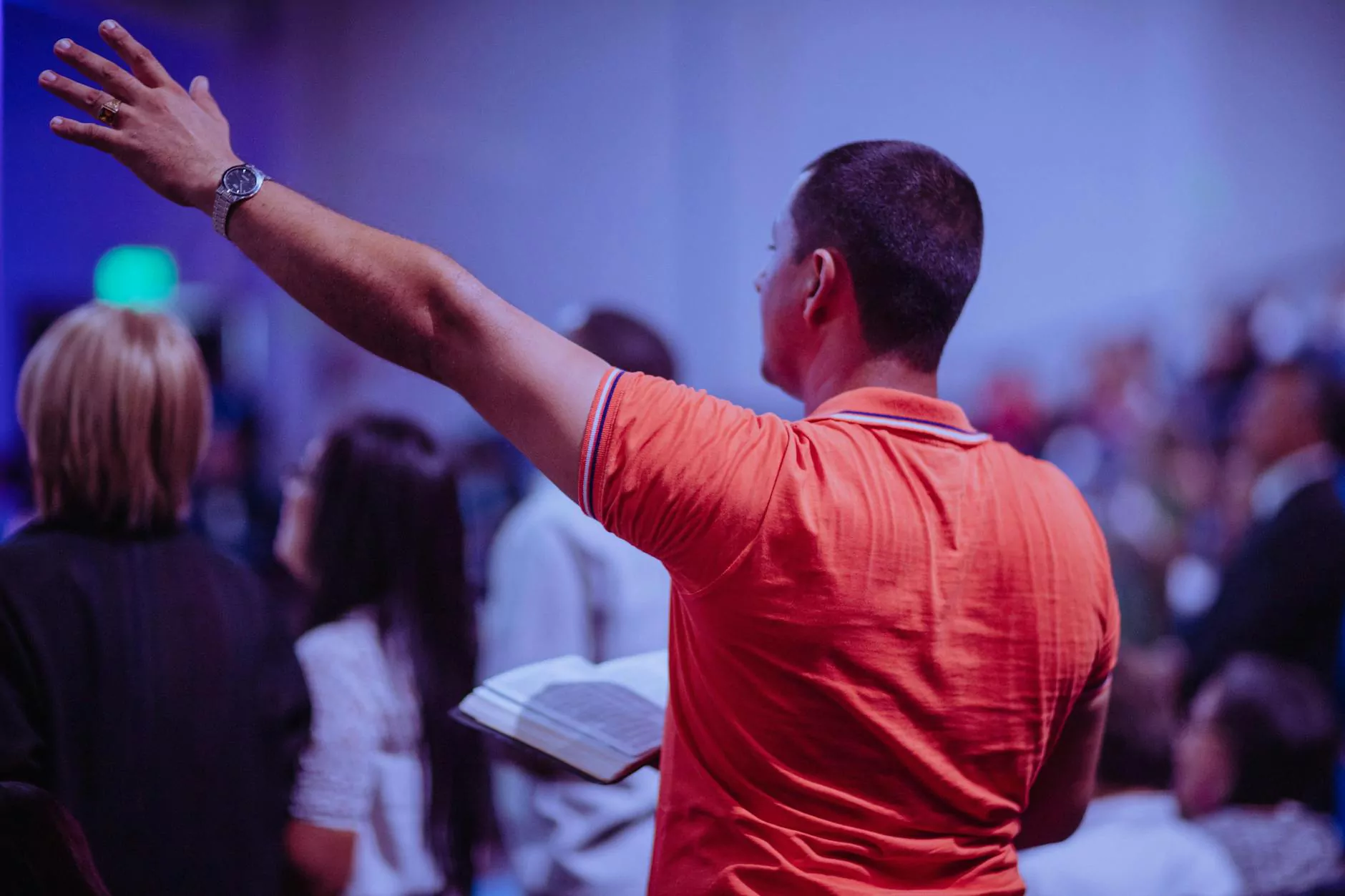The Fascinating World of Anglicanism
Services
Welcome to our in-depth exploration of Anglicanism, a branch of Christianity with a rich history and a global presence. In this comprehensive guide, we will delve into the origins of Anglicanism, the differences between Anglicans and Episcopalians, the worldwide reach of the Anglican Church, and much more.
Origins of Anglicanism
Anglicanism traces its roots back to the English Reformation of the 16th century, a period marked by significant religious and political upheaval. The Church of England, also known as the Anglican Church, emerged as a separate entity from the Roman Catholic Church with the establishment of the Supreme Head of the Church of England, a title held by the reigning English monarch.
One of the defining moments in the history of Anglicanism was the reign of Queen Elizabeth I, who sought to restore unity to England following the turbulent reigns of her predecessors. Elizabeth's establishment of the Elizabethan Religious Settlement in 1559 helped solidify the foundations of the Anglican Church and set the stage for the development of Anglican theology and liturgy.
Differences Between Anglicans and Episcopalians
One common question that arises when discussing Anglicanism is the difference between Anglicans and Episcopalians. While both groups belong to the larger Anglican Communion, which includes churches in over 165 countries, there are some distinctions between the two.
Episcopalians are members of The Episcopal Church, the American branch of the Anglican Communion. In contrast, Anglicans refer to members of the Church of England and its global counterparts. Despite these differences, both Anglicans and Episcopalians share similar beliefs, practices, and liturgical traditions.
The Global Reach of the Anglican Church
With over 85 million members worldwide, the Anglican Church is a diverse and vibrant community that spans continents and cultures. The Archbishop of Canterbury, the spiritual leader of the Anglican Communion, plays a central role in promoting unity and cooperation among Anglican churches around the world.
From bustling metropolises to remote rural villages, Anglican churches can be found in a wide range of settings, each with its own unique traditions and customs. Despite this diversity, the Anglican Church is bound together by a common faith and a shared commitment to serving others.
The Beliefs and Practices of Anglicanism
At the core of Anglican theology is a belief in the authority of Scripture, tradition, and reason. Anglicans value the importance of intellectual inquiry and critical thinking, seeking to understand their faith in the context of contemporary issues and developments.
Anglican worship is characterized by its liturgical nature, with a focus on the celebration of the Eucharist, also known as Holy Communion. The Book of Common Prayer, a foundational text in Anglicanism, guides the worship practices of Anglican churches around the world.
Exploring Anglicanism in America
In the United States, Anglicanism is represented primarily by The Episcopal Church, which traces its roots back to the colonial era. Episcopalians in America have played a significant role in shaping the social, political, and cultural landscape of the country, advocating for social justice, equality, and inclusivity.
Today, Episcopal churches can be found in cities and towns across the United States, offering a welcoming community for individuals seeking spiritual growth and connection. Whether through engaging worship services, outreach programs, or educational initiatives, Episcopalians are dedicated to making a positive impact on the world around them.
In Conclusion
As we conclude our exploration of Anglicanism, we hope that you have gained a deeper understanding of this fascinating branch of Christianity. From its humble beginnings in 16th-century England to its global presence today, Anglicanism continues to inspire and empower individuals around the world.
Whether you are a lifelong Anglican, a curious observer, or someone exploring your faith journey, we invite you to learn more about the rich traditions, beliefs, and practices of Anglicanism. Join us on this journey of discovery and reflection as we celebrate the diverse tapestry of the Anglican Church.



